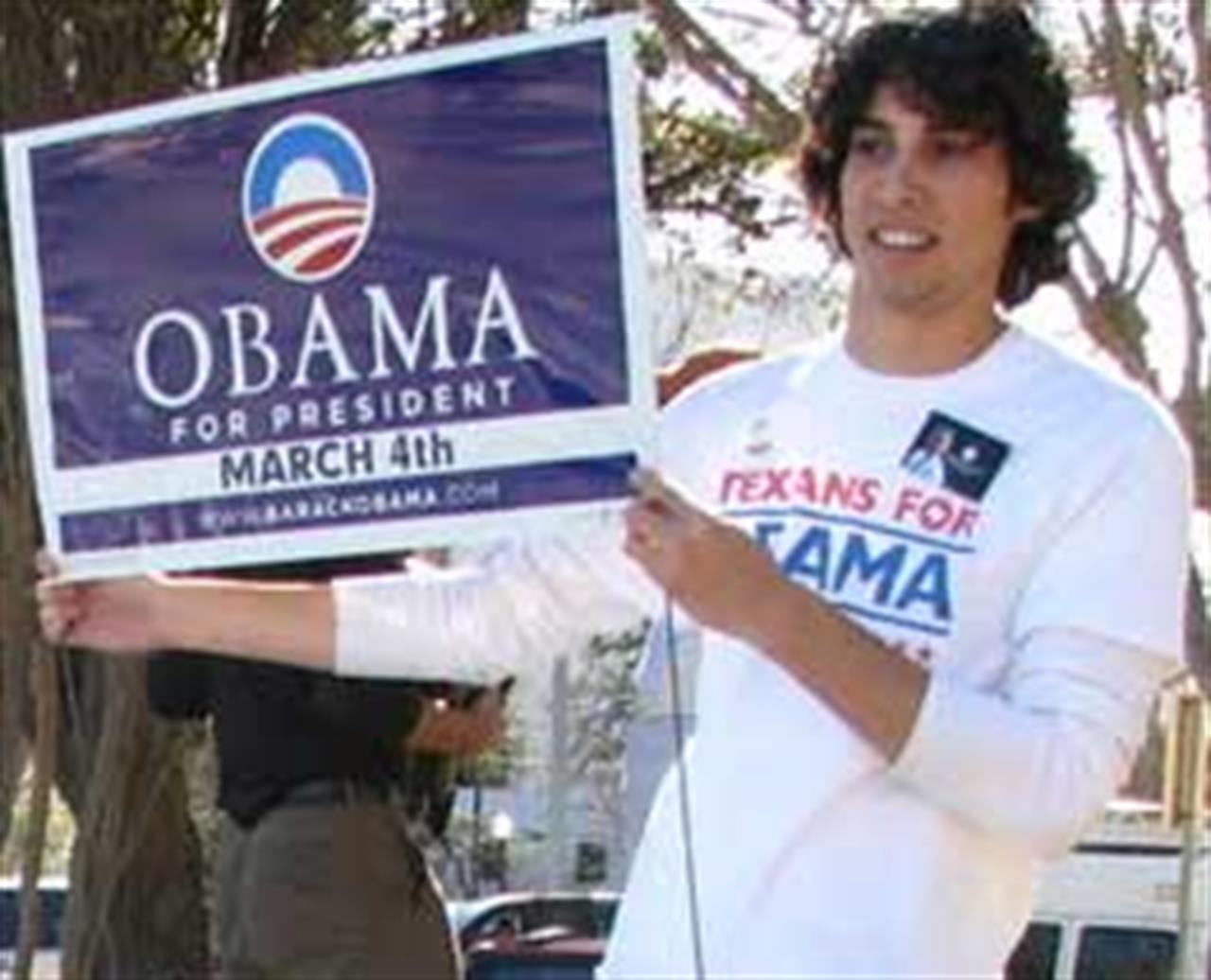Non profit
Obama’s 8 million volunteers
A volunteer army of activists have managed the unexpected: Obama for president. The philosophy behind their success? One to one leadership. Here is the recipe.
di Staff

The email was sent out at 1.34 am. It was no an ordinary night, however, but the night of the historic election of Barack Obama as President of the United States of America. The world had been celebrating the first African American at the White House for only a few hours but the newly elected president knew that he owed someone a special thanks: his volunteers. “You have made history, every day,” says the email, “all of this has happened thanks to you”.
An army of volonteers
Obama’s army counts with 8 million volunteers divided into 35 thousand local groups. Thanks to the organisation’s incredible efficiency their enthusiasm has been harnessed and transformed into an untiring, consensus creating machine. As Obama himself has said, it has been the best electoral campaign ever. Over the course of these 21 months his volunteers have been knocking on millions pf people’s doors and have spoken to ten million potential voters over the phone (more than one million on election day alone). They travelled across the United States, especially in the swing states, to convince the many undecided people to vote for Obama or to at least loin the voting lists.
A shared victory
Unlike other electoral campaigns, all this work has been carried out entirely free of charge. Marshall Ganz, university lecturer at Harvard University and head of the volunteer coordination strategy said: “While the economy is going to rack and ruin, Obama has managed to raise a lot of money. However had we chosen to pay our volunteers this time, what reason would we have not to satisfy the lobbies next time too?”.
What volunteers got back from their work is the feeling of belonging to an important cause, greater than anything else. “Bush has stolen America from us,” explains a volunteer from New York in his blog, “this electoral campaign is our chance to take it back”.
The youth factor
The hard core of the volunteers are over- 40 year olds who are worried about the future of their country and its economy. But there were also many young people who are about to vote for the first time, who have never been involved in political debates before. One of this electoral campaign’s strong points was to gamble for youth leadership. Obama challenged popular belief that said that today’s youth was individualistic and uninterested in policy. The electoral campaign chose to believe in the possibility of awakening the enthusiasm of America’s under 30 year olds and successfully channelled their skills into a project for the community. Saying that Obama’s election is the result of youth taking a central role in politics is no exaggeration. It was Obama who wanted a 32 year old, John Carson, to coordinate local events and who even used Jon Favreau, 26, to write some of his famous speeches.
Months before the final countdown, Obama’s staff even organized training camps for young people, study days and meetings, in order to discuss politics and social issues. The results didn’t takee long to become apparent: during the last months of the electoral campaign many young people were given high level responsibilities, sometimes even coordinating older volunteers with a lot more experience.
Modern technology
It was also young people who brought new technology into the scene. It was no coincidence that in January 2007 David Axelrodm, head of campaign strategy, recruited 24 year-old Chris Huges, the enfant prodige of social networking and co-founder of Facebook. Huges created www.My.BarackObama.com, not just a window through which to showcase but a truly powerful work platform, the heart of Obama’s entire campaign and fund raising.
Right from the homepage the website invites people to become more than simple external observers and to become involved in the campaign in a host of different ways: by taking part in local events, by organizing mini fund raisers in their own homes, by opening blogs in which to share their opinions with other supporters, or by sending emails to other volunteers all over America.
The website even contained practical suggestions to help volunteer activism, like a kit full of all the information there was to know about Obama or the tools to be able to call the undecided directly from the website. The greatness of this electoral campaign, say the experts, is that internet did not substitute humanity but rather helped social relations become stronger by defeating geographical distance
What now?
The question came quickly. With Obama making it to the White House this volunteer movement runs the risk of no longer having any reason to exist. “Over the course of the past months volunteers have been talking about many interesting issues like health, education, sustainable energy and development. Now that Obama is in power no one wants to see these activists turn into “Yes-men”. Rather they should create independent civil society movements with the capacity to spread new ideas and to remind Obama of the promises he has made,” says writer Randy Shaw.
“Electing Obama has never been our only goal,” explains the volunteer coordinator, “our main goal was to create a new generation of Americans who care about society, who want to take an active role in the life of their communities and who, eventually, may be able to run in politics. We are getting ready for a new generation of political leaders”, concludes Ganz.
Cosa fa VITA?
Da 30 anni VITA è la testata di riferimento dell’innovazione sociale, dell’attivismo civico e del Terzo settore. Siamo un’impresa sociale senza scopo di lucro: raccontiamo storie, promuoviamo campagne, interpelliamo le imprese, la politica e le istituzioni per promuovere i valori dell’interesse generale e del bene comune. Se riusciamo a farlo è grazie a chi decide di sostenerci.
